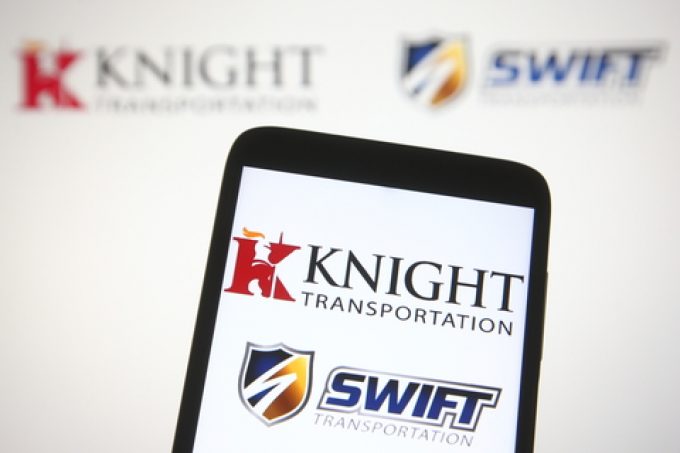UPS to cut 20,000 jobs in network reconfiguration
And so it starts. UPS, while announcing a better-than-expected profit, also enthused investors with its ...

The largest US truckload carrier by revenue is under new leadership: CEO and president David Jackson has left, to be replaced by CFO Adam Miller.
Neither Mr Jackson nor Knight-Swift’s board offered any explanation for the sudden departure after nearly 24 years, other than a remark ...
CMA CGM South Korean staff strike over bonuses after bumper 2024 profit
'Another painful headache for shippers' as Asia-N Europe rate rally ends
Amazon Air Cargo partners-up for new transpacific route into the US
MSC switches two more Asia-Europe port calls from congested Antwerp
Ports and supply chain operators weigh in on funding for CPB
Nightmare for Bangladeshi exporters as congestion and tariffs bite
CMA airline returns two freighters, while ANA takeover of NCA looms
Carriers introduce surcharges as congestion builds at African ports

Comment on this article